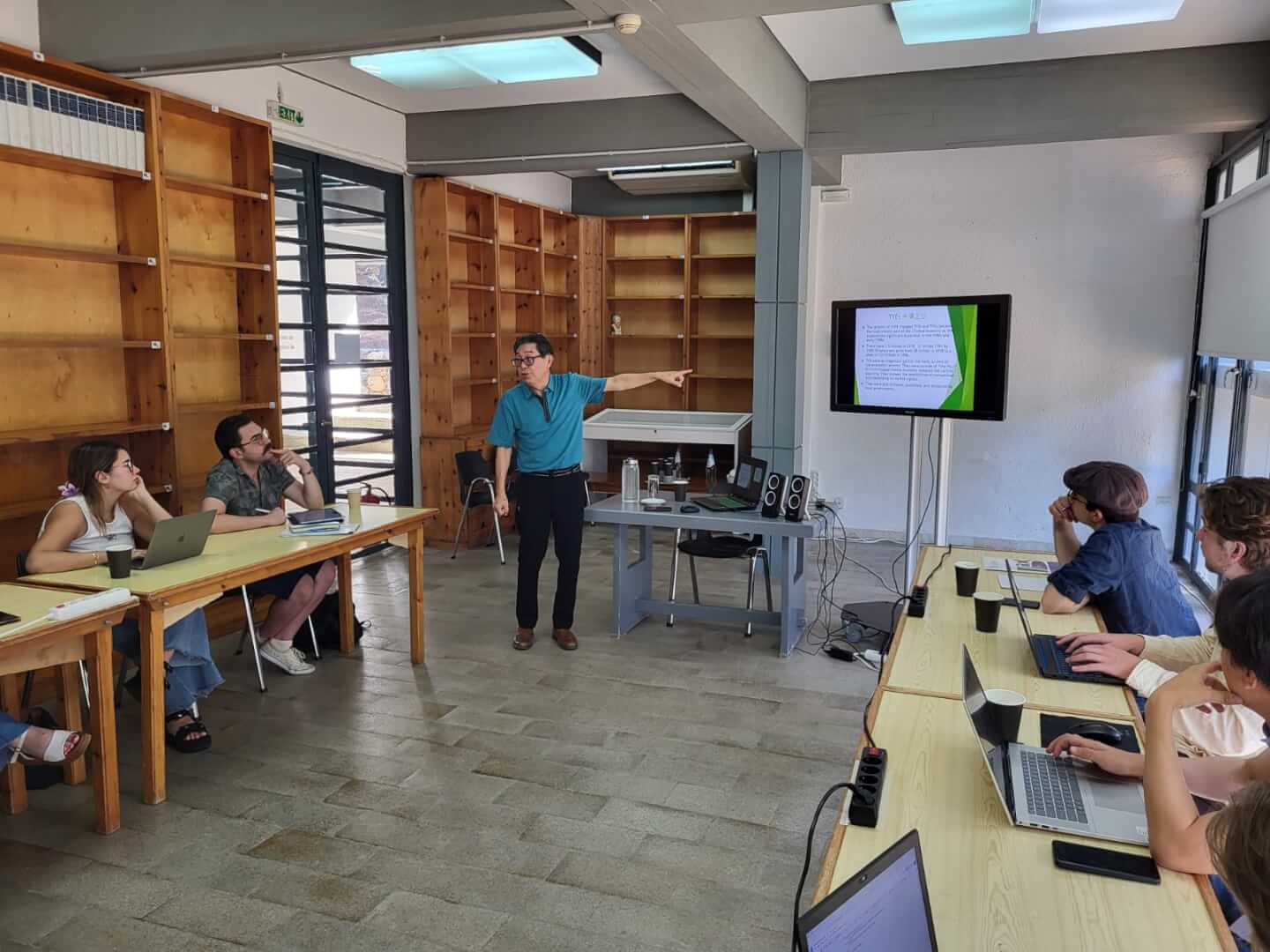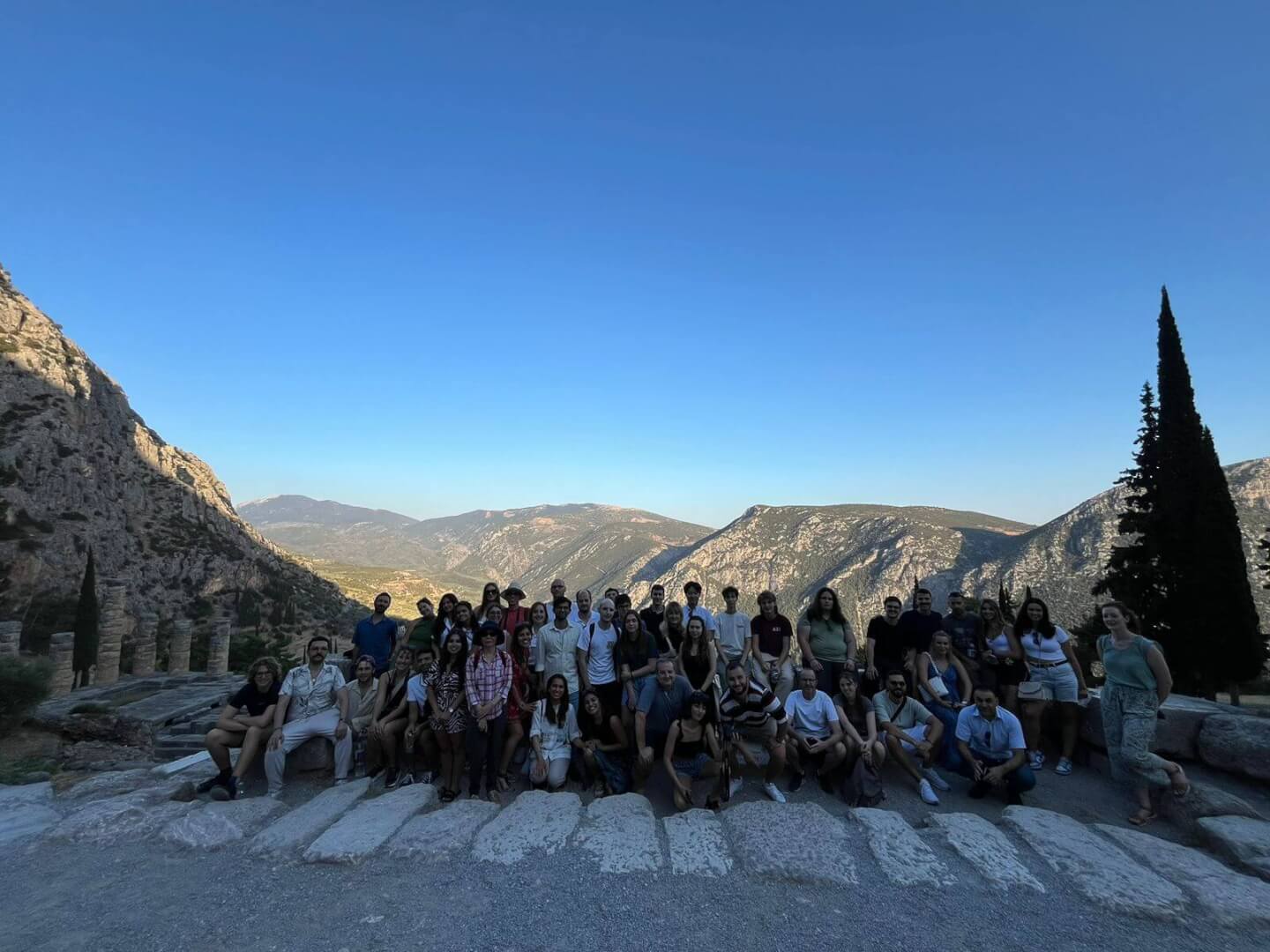Course Structure & Faculty
This year’s Olympia Summer Academy will run in three parallel course-cycles:
(Geo)Political Risk Analysis
Terrorism and Counterterrorism
The Rise of China: Domestic and Global Perspectives
July 9-12, 2024
European Cultural Centre of Delphi
Delphi, Greece
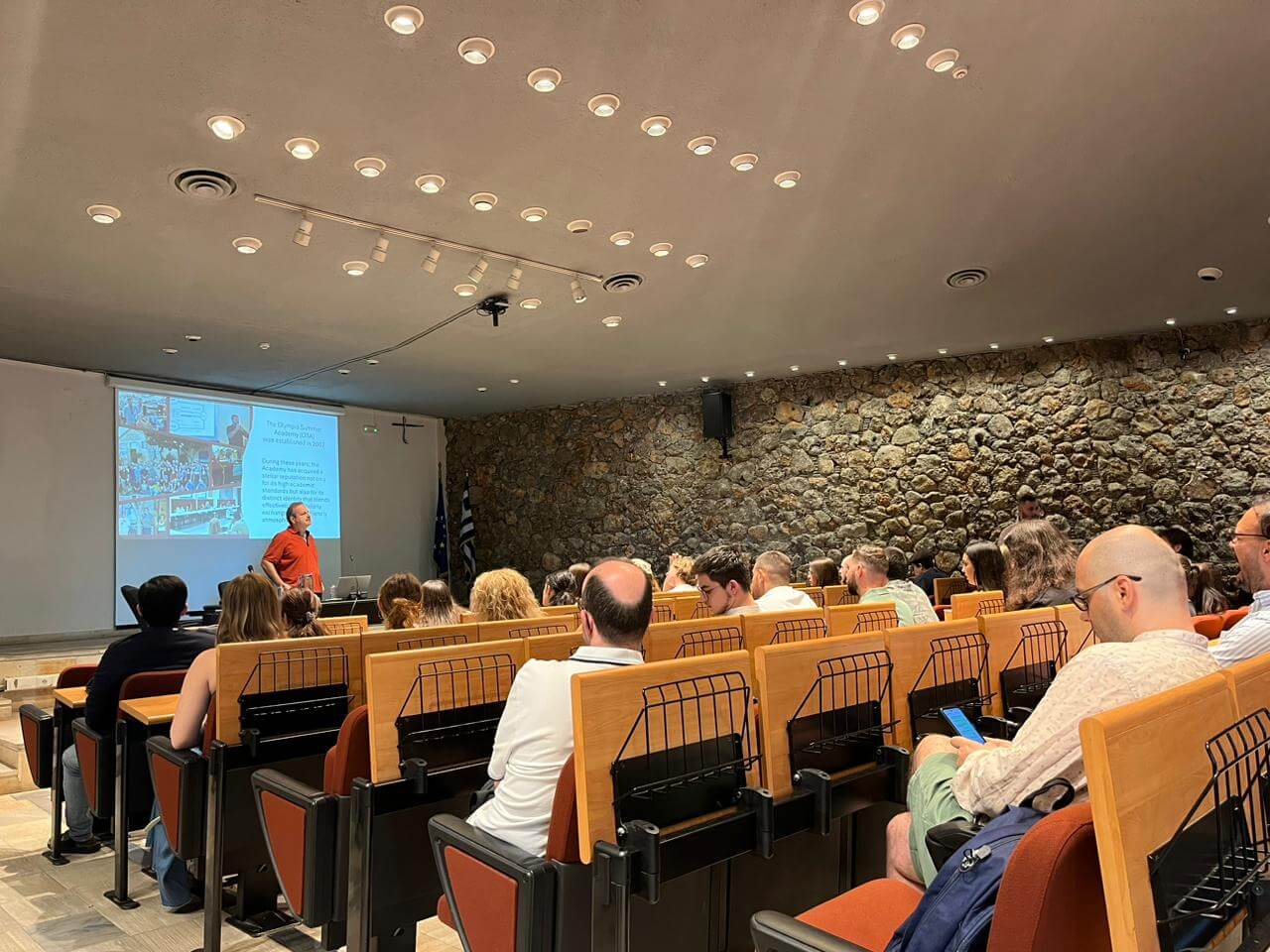
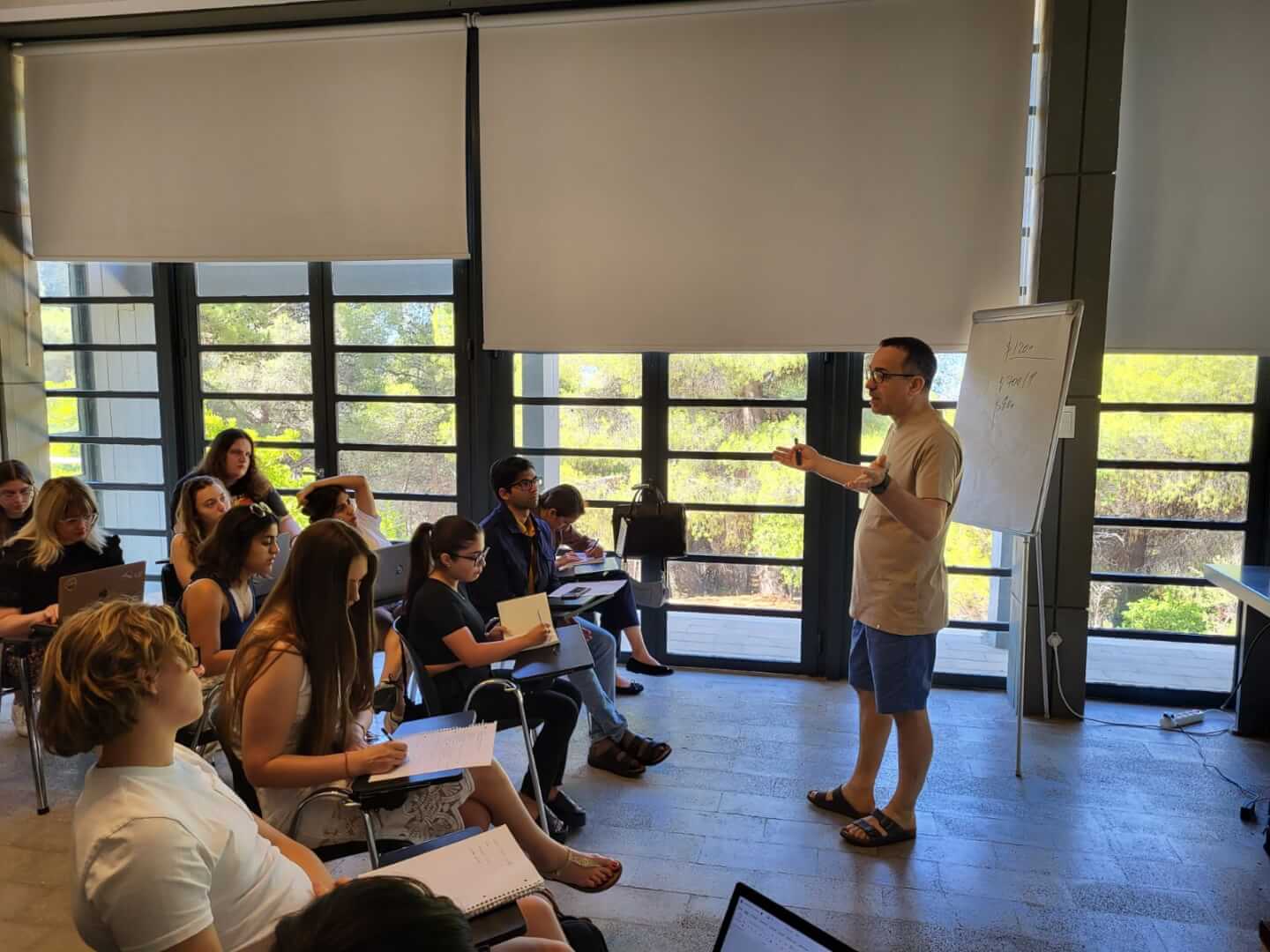
A: (Geo)Political Risk Analysis
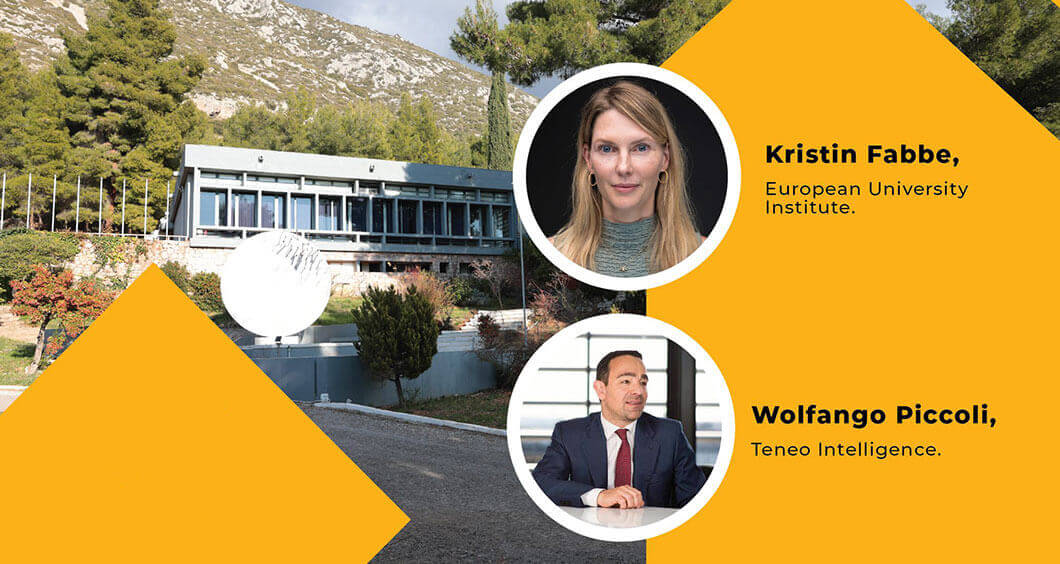
Over the last decade, financial investors and multinational corporations have become more aware of the need to “go beyond economics” and integrate (geo)political factors into their decision-making processes. From rising populism in developed economies to increased political instability in emerging markets and geopolitical turmoil in the Middle East and Eastern Europe, politics are central to the most important events shaping global markets and the world economy.
The objective of the course is to explore the ways in which political risk can be analyzed and managed in a business-relevant and forward-looking manner. The module is structured to provide participants with a theoretical understanding of (geo)political risk as well as practical frameworks and analytical tools for identifying and measuring the key political risk dynamics that can affect business and government. Case-studies and simulations involving emerging markets and developed economies will be used to provide participants with “hands-on” experience for understanding and managing risk. A wide range of topics and issues will be discussed during the course, including nationalization, expropriation, conflict, macro-economic (in)stability, sanctions, migration, sovereign debt crises, social unrest, and elections.
Faculty
Kristin Fabbe, Professor of Business and Comparative Politics, School of Transnational Governance, European University Institute.
Wolfango Piccoli, Co-president and Director of Research, Teneo Intelligence.
B: Terrorism and Counterterrorism
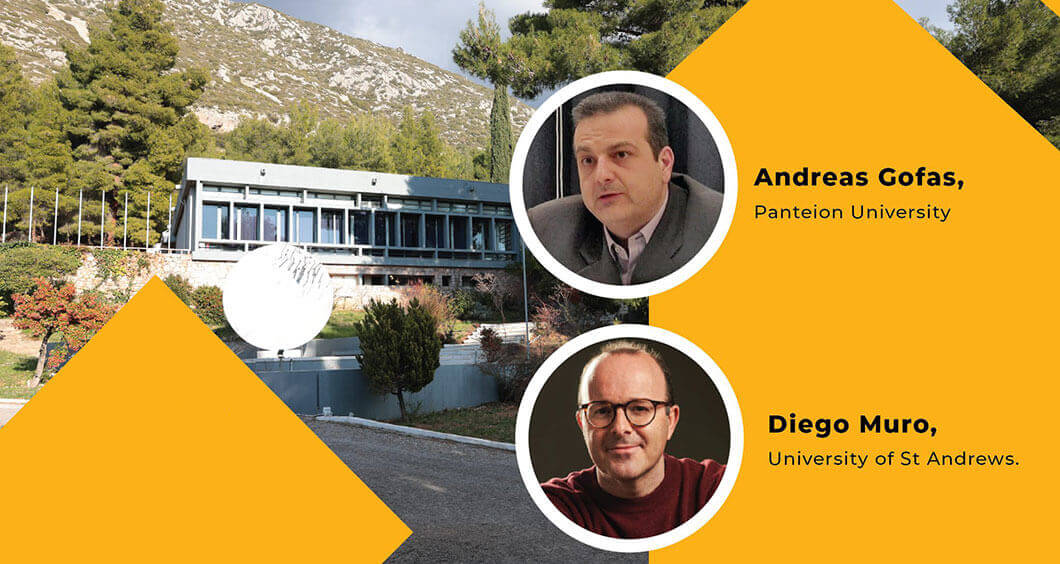
Terrorism, and our response to it, is among the most compelling of global political issues: it dominates news headlines, public anxiety, and political strategies alike. Yet few attempt to analyze systematically this pressing phenomenon. Surely, no amount of analytical precision will rid us of the existence of terrorism, but if we want to respond effectively to the policy challenge that it poses, we need first to respond effectively to its analytical challenge.
To this end, the course offers concentrated, in-depth exposure to the evolution and major characteristics of modern terrorism, its actors, strategies and modus operandi, as well as an understanding of the challenges this phenomenon presents to decision-makers and security establishments. An integral part of the course is a workshop where students can present their ongoing research and receive feedback from faculty and peers. The course will be a unique platform to engage in challenging debates and to consolidate a global research network in the fast-growing field of Terrorism Studies.
Faculty
Sofia Galani, Assistant Professor in International Law, Panteion University of Athens.
Andreas Gofas, Professor of International Relations, Panteion University; Director, European Cultural Center of Delphi; Co-director, Olympia Summer Academy.
Diego Muro, Associate Professor in International Relations, Centre for the Study of Terrorism and Political Violence (CSTPV), University of St Andrews.
C: Global China
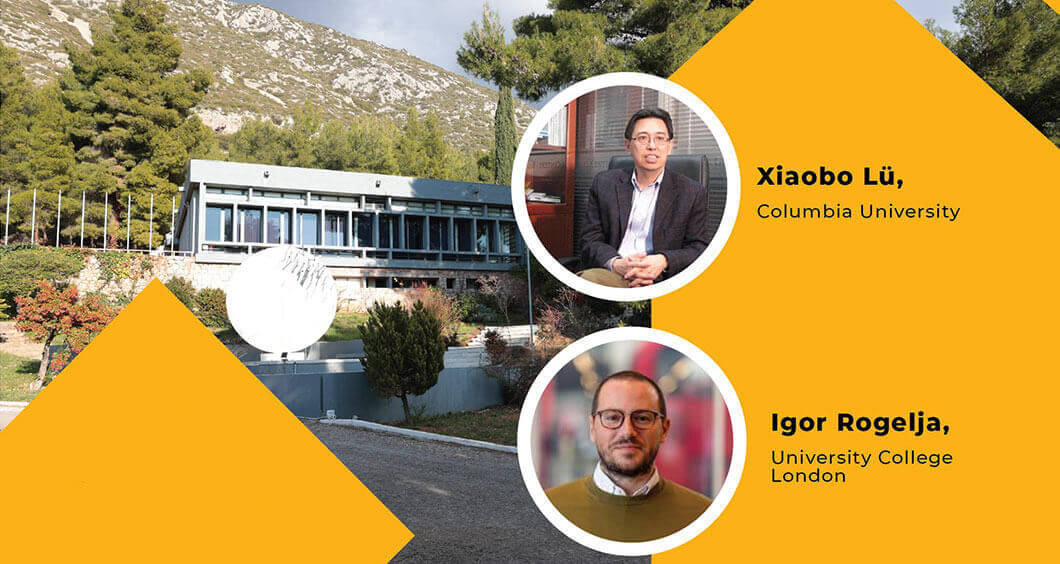
The emergence of China as a power with global interests in the 21st century has been interpreted in different ways. Where some see peaceful intentions driven by developmental priorities, others argue that China represents a political and military threat, with each side projecting their own aspirations and insecurities about the future.
The course will prompt participants to carefully examine the domestic and global dynamics that shape contemporary China. We will first focus on Chinese domestic politics and political economy to engage with the question “How China was able to achieve high economic growth while maintaining a one-party authoritarian regime”. Moving to the global dimension, participants will examine China’s economic and security interests, as well as its international behaviour. In particular, we will concentrate on the rise of ‘global China’ as a complex, multiscalar phenomenon that includes both state diplomacy as well as the actions of non-state actors. Taking the Belt and Road Initiative as a case study, we will use a mapping platform and other tools to conduct a guided group research project, where each group will produce a profile of a key site of Chinese global activity by the end of the session.
Faculty
Xiaobo Lü, Ann Whitney Olin Professor of Political Science, Barnard College and Weatherhead East Asian Institute, Columbia University.
Igor Rogelja, Assistant Professor of Global Politics, University College London.
Applications Closed
The application should include the following material:
1) a CV;
2) a letter of recommendation; and,
3) the registration form
Send your application here:
Participation Fee: 450€
It includes:
Accommodation in double occupancy rooms at the premises of the European Cultural Centre of Delphi
Breakfast and lunch
Transportation from Athens to Delphi and back
Tuition and reading material
Counseling and cultural activities
Registration Fee: 50€ (not covered by the scholarship, non-refundable, paid upon admission to secure a place).
Scholarships, covering tuition and amounting to 250€, are available and students in need are strongly encouraged to apply as soon as possible. Priority will be given to early applicants. Scholarships will be distributed on a merit basis.
Admitted foreign students will be provided with all necessary documentation in support of a visa application, if this is needed. Therefore, out-of-Schengen applicants, should apply early so that they have the necessary time needed for a Visa-application to be processed and approved.
Application deadline: April 26 , 2024.
For further inquiries please contact us at:
E: [email protected]
